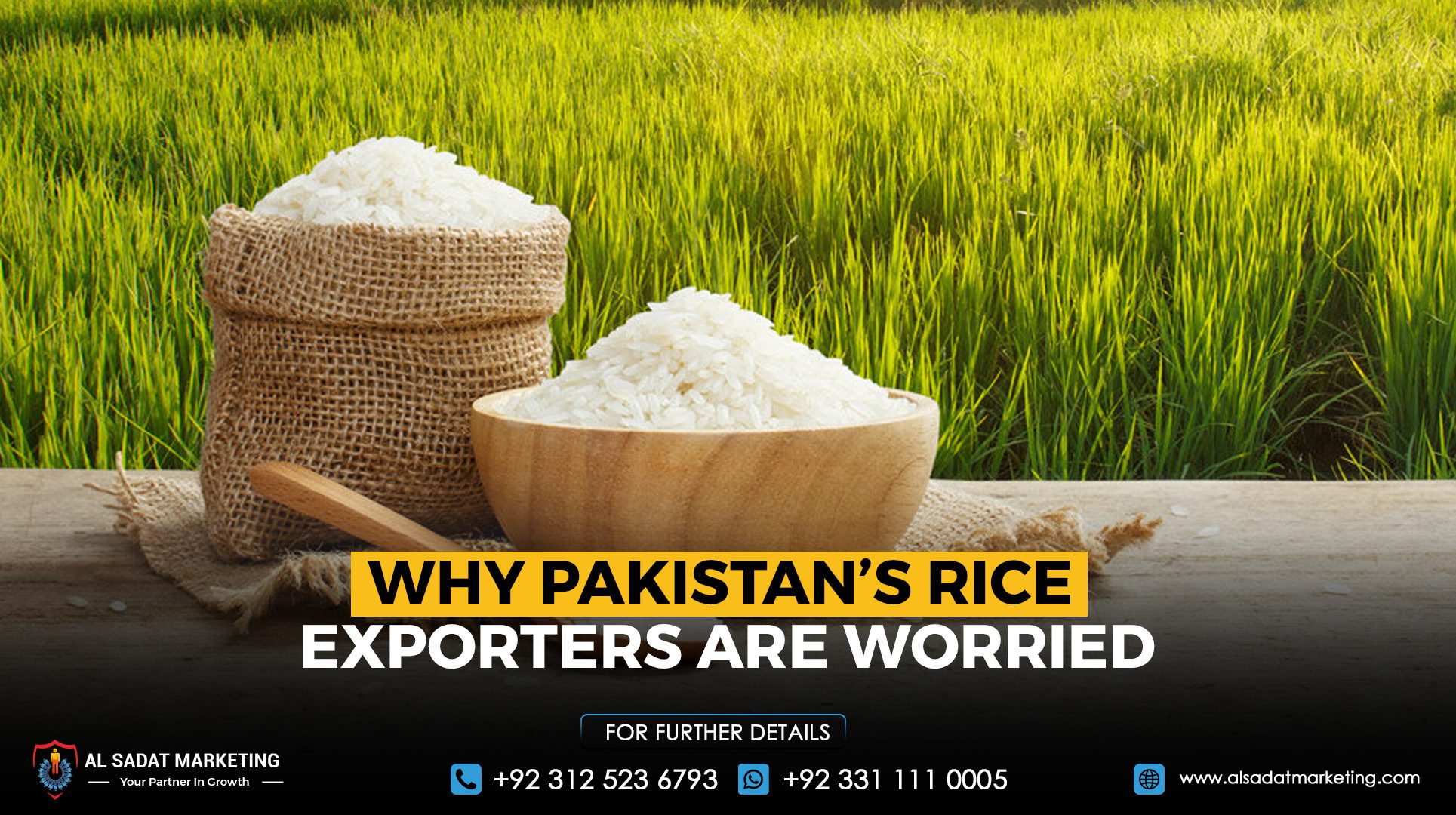Pakistan’s rice exporters are facing significant challenges despite concerns about achieving record rice exports of $3.88 billion in FY24, a 78% increase from the previous year. The surge in exports was primarily due to India’s restrictions on its rice shipments, but this advantage may soon disappear.
Also Read: Discover Pakistan’s Most Affordable Plots
India is expected to lift its export restrictions. These restrictions had previously banned broken rice and imposed duties on non-basmati and, later on, basmati and parboiled rice. These concerns, introduced due to rising domestic inflation and political pressures, are now expected to be relaxed as India aims to reclaim its market share. As noted by Karachi rice exporter Amit Kumar, this potential shift could impact both local and international rice prices.
Additionally, the start of the La Nina weather system is expected to boost rice production in Asia-Pacific regions, including India, Indonesia, the Philippines, Vietnam, and Australia. This could lead to a global rice production record of 528.2 million tons for 2024-25, surpassing consumption estimates and potentially ending the recent surge in rice prices.
Concerning these issues, Pakistani rice exports are facing increasing rejection risks from the EU, UK, and US due to pesticide ruins and mycotoxins in shipments. Reports indicate a rise in alerts for pesticide residues and a significant number of mycotoxin violations in recent years. The Department of Plant Protection, responsible for export inspections, is facing severe staffing shortages, further worsening the issue.
The Pakistani government has proposed a new tax rule for the rice industry, including a 29% standard tax and a 10% super tax, which stakeholders fear could drastically reduce exports. Combined with rising production costs, these challenges threaten Pakistan’s competitiveness in the global rice market.
The rice sector, a critical component of Pakistan’s export economy, now faces a complex array of difficulties. To navigate these rough times effectively, the government needs to take bold actions to modernize farming practices, enhance inspection capabilities, and implement competitive policies. Making sure the industry’s resilience is crucial for maintaining Pakistan’s standing in the global rice market and supporting the livelihoods of millions dependent on this sector.
For more news and updates, visit the Al Sadat Marketing Website.










